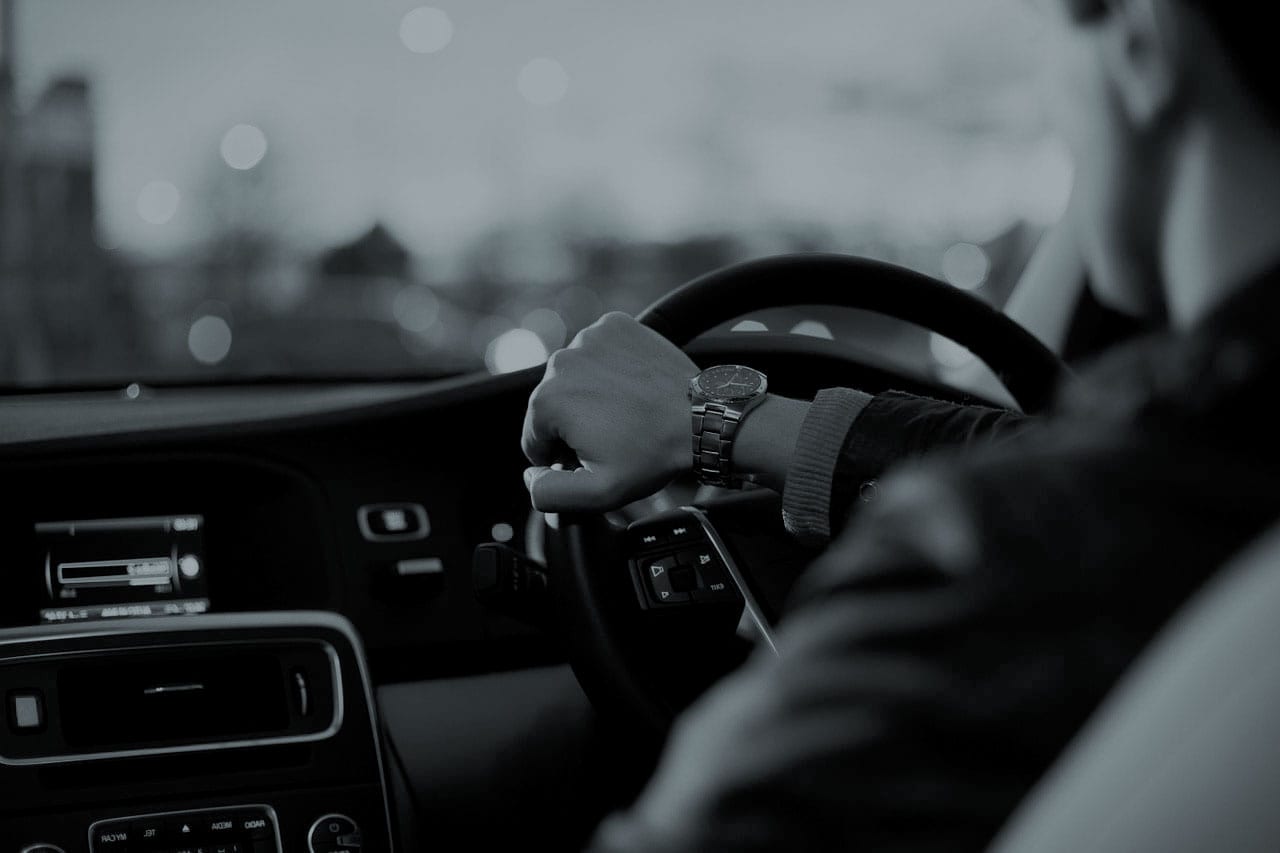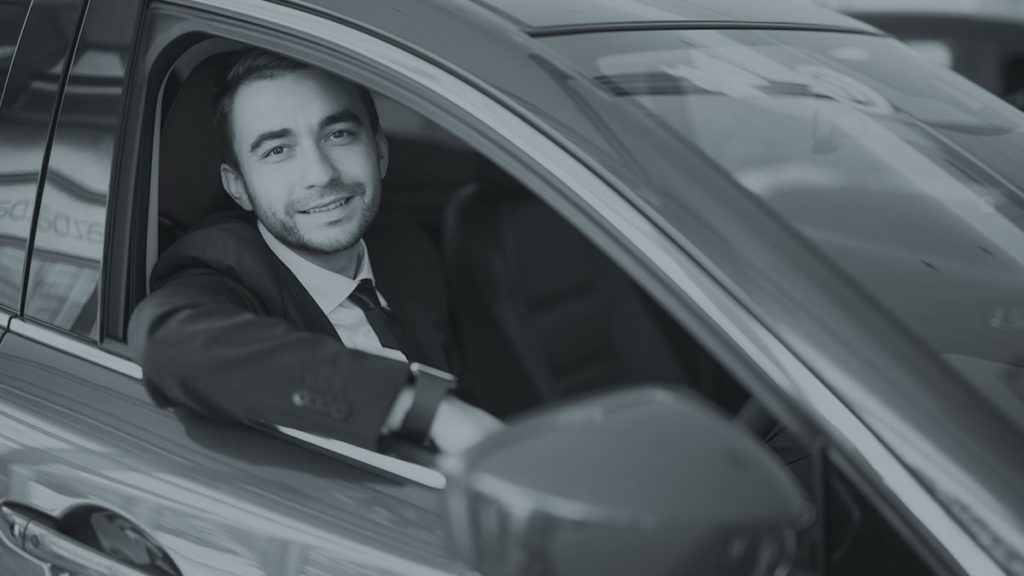Send your enquiry.
Contact us for a free, initial no obligation consultation.
"*" indicates required fields
Your information is safe and treated in accordance with our Privacy Policy
If you have tested positive for cannabis following a roadside stop, or you refused to provide a blood sample at the police station, you need to speak to our motoring defence solicitors straightaway.
Driving Under The Influence of Cannabis
We specialise in defending motoring offences in England and Wales, including drug driving offences. If you have been taken to the police station, or you have been charged, contact us at Ashmans Solicitors for legal advice. We are available to take your call 24 hours a day, 7 days a week. We also offer free police station representation.
Cannabis and driving: what does the law say?
England and Wales have a zero-tolerance approach to drug driving. This means you cannot operate a vehicle in a public place while you have illegal drugs in your system. This applies, even if you do not feel impaired.
When it comes to cannabis, it could be argued that it is not strictly a zero-tolerance approach, as drivers are actually allowed two micrograms of THC per litre of blood. However, this is really a very small amount. In fact, merely being exposed to cannabis smoke could push you over the legal limit.
If you are caught driving with more than two micrograms of THC per litre of blood, you could be charged with drug driving. More specifically, you will be charged with operating a vehicle while unfit through drugs. This carries a range of potential penalties, including:
- A 12-month driving ban
- A fine
- A six-month prison sentence
- An endorsement on your licence for up to 11 years
How do the police know if you’re over the drug drive limit?
In the past, the police had few resources available when testing for drugs. Now, however, the police are able to test for cannabis at the roadside using a swab device called ‘DrugWipes’.
The police can stop a driver without good reason. It is common for police officers to perform random roadside checks. Alternatively, a driver may be pulled over for driving erratically, breaching a rule or regulation, or even for having a broken head/tail light.
Whatever the scenario, if the attending police officer has good cause to suspect the driver of drug driving, they can order a field impairment test. This is when a driver is asked to do things such as walk up and down in a straight line. The police can also perform a breath test to check for alcohol consumption, and a swab to test for cannabis and cocaine.
If any of these tests confirm the police officer’s suspicions, then the driver can be arrested and taken to the police station. At the station, the police will request that a blood sample be taken. This will be sent to the laboratory for testing. If the blood sample shows the driver had more than two micrograms of THC per litre of blood, then formal charges will be laid.
Do I have to provide a sample of blood at the police station?
The police cannot force you to provide a sample of blood. You must consent to a blood sample being taken. However, if you do not, then you will almost certainly be charged with failing to provide a sample. This in itself is a serious offence and carries the following potential penalties:
- A 12 to 36-month driving ban
- A fine
- A six-month prison sentence
Even so, there are defences for not providing a blood sample, including a genuine phobia of needles and medical reasons.
It is worth noting that a urine sample is not sufficient when it comes to testing for cannabis. The driver must provide a blood sample. Otherwise, there is not enough evidence to support a prosecution for driving stoned.
What is the procedure for providing a blood sample at the police station?
There are a number of procedural rules that must be followed when someone provides a sample of blood. For example:
- The blood sample must be taken by a healthcare professional; and
- Consent should be obtained prior to the blood sample being taken; and
- The driver should be told that failure to provide a blood sample could lead to prosecution; and
- The healthcare professional can only draw one sample of blood, which may be split in two; and
- The driver must be given the opportunity to keep one half of the sample
The penultimate point is particularly important, as there are times when a healthcare professional struggles to draw blood from the driver. The healthcare professional is not allowed to make various attempts in order to make up a sufficient sample. If this happens, the blood sample falls foul of the law and cannot be used to uphold a prosecution.
What happens if I’m charged with drug driving or failing to provide a sample?
If you are charged with drug driving or failing to provide a sample, you will be invited to enter a plea. In other words, you will be asked whether you wish to plead guilty or not guilty. You should consult a motoring offence solicitor about how best to proceed. If you plead guilty, you may receive a reduced penalty. But on the other hand, you could have a defence or a special reason that exonerates you of blame. Alternatively, the prosecution may have a weak case against you, meaning it may be possible to have the case dismissed or to secure a not guilty verdict.
If you plead guilty, there will be a sentencing hearing. If you plead not guilty, there will be a trial in court. This will usually take place at the Magistrates’ Court, unless a serious injury or death occurred, in which case the trial will take place at the Crown Court. At trial, both sides get to present evidence and produce witnesses. Once this has happened, the magistrates (or judge/jury) will return their verdict. If you are found guilty then a penalty will be imposed, in line with the current sentencing guidelines.
But I can’t have been over the drug drive limit?
You might be reading this information feeling completely baffled that you have been charged with drug driving. We often hear from people who say they cannot possibly have had drugs in their system, as it had been many hours since they inhaled or ingested any cannabis products. However, this does not necessarily matter.
Cannabis is not like alcohol, which is highly regulated. When drinking a pint of 5% beer, for example, you know that it contains nearly three units. And although it is not an exact science, you can roughly estimate how long it will take for this alcohol to leave your body. But with cannabis, it is hard to know how much THC is in any given product.
It is also very difficult to calculate the half-life of THC, which is the amount of time it takes for the amount of THC in your system to reduce by one-half. It depends on so many factors, including your cannabis usage, genetics, metabolism, weight, the way you inhale or ingest cannabis, and how much you take. There is much debate as to exactly how long cannabis stays in your system, but some studies suggest it could be days.
Therefore, it is very possible you were over the legal drug drive limit for cannabis, even if you did not feel impaired, or it had been hours (or even more than 24 hours) since your last usage. As mentioned above, even inhaling the fumes of other people’s cannabis smoke can push you over the legal limit and you could be driving stoned.
Drug Driving Penalty Codes
Drugs
These codes must stay on a driving record for 11 years from the date of the conviction.
| Code | Offence | Penalty points |
|---|---|---|
| DG10 | Driving or attempting to drive with drug level above the specified limit | 3 to 11 |
| DG60 | Causing death by careless driving with drug level above the limit | 3 to 11 |
| DR80 | Driving or attempting to drive when unfit through drugs | 3 to 11 |
These codes must stay on a driving record for 4 years from the date of the offence or 4 years from date of conviction where a disqualification is imposed.
| Code | Offence | Penalty points |
|---|---|---|
| DG40 | In charge of a vehicle while drug level above specified limit | 10 |
| DR70 | Failing to co-operate with a preliminary test | 4 |
| DR90 | In charge of a vehicle when unfit through drugs | 10 |
Reference: Gov.UK
What should I do next?
If you have been accused of driving while unfit through drugs or failing to provide a specimen, you must instruct a motoring offence solicitor. The solicitors here at Ashmans represent clients across England and Wales. If you were arrested in this jurisdiction, contact us now for legal advice.
It is important to speak to a solicitor, as a legal expert can explain the options open to you. It may be preferable to plead guilty. Or, it may be better to defend the charge or plead a case for special reasons.
Can I defend a cannabis driving offence?
It is possible to successfully defend a drug driving charge. Most defences rely on procedural or analysis errors. For example, the police must follow the correct procedures when performing a roadside swab, and when requesting a sample of blood (as outlined above). If the correct procedures were not met, then the case must be dismissed.
There may also be grounds to challenge the accuracy of the laboratory analysis. Mistakes are sometimes made, and there may have been a failure to:
- Calibrate a testing instrument
- Label a sample properly
- Recognise a false positive result
The prosecution must prove their case beyond a reasonable doubt. A blood sample is required for the charge to be upheld, and a witness statement from the attending healthcare professional must be submitted as evidence. The healthcare professional may also be required to attend court. If the prosecution cannot meet these requirements, then a case may be dismissed.
Can I defend the charge of refusing to provide a sample?
It is also possible to defend a charge of refusing to provide a sample of blood. You must have had a legitimate medical excuse for refusing, such as a phobia of needles.
Additionally, the prosecution’s case may fail on the basis that the correct procedures were not followed.
What about passive smoking – is that a defence?
Passive smoking is not a defence, as such. This seems unfair, seeing as your intoxication was the by-product of other people’s actions. Even so, second-hand exposure does amount to a ‘special reason’. This means that while you are technically guilty of having more than two micrograms of THC per litre of blood, there are extenuating circumstances that explain why the offence occurred. The court should show leniency in such cases and you will likely avoid a driving ban if special reasons can be successfully argued.
Driving Stoned
A conviction for drug driving or failing to refuse a specimen is not a foregone conclusion. There are defences/special reasons available, and the prosecution’s case may fail on various grounds – many of which are not obvious to those who do not specialise in this area of the law. It is always worth exploring your options with an experienced motoring offence solicitor. It could result in an acquittal, the case being dismissed, or a reduced penalty.
If you have been accused of drug driving, call us on 0333 009 6275. We are available 24 hours a day, 7 days a week. See our motoring defence fees page to find out more about our fixed fees.
You can also email us at enquiries@ashmanssolicitors.com or complete our Online Enquiry Form and we will contact you.
Cannabis Resources & Findings
The Effects of Cannabis: World Health Organisation
Casualties in drug driving collisions
For 2014 to 2021, 64% of casualties in collisions where an impairment drug was detected were fatalities. The percentage of the fatalities that were drivers with drugs detected was 91% showing that most fatalities are drug drivers themselves. Most of the other casualties were passengers of the drug driver. (Source: Gov.UK)
How long after smoking weed can you get a DUI
The answer to this question depends on a number of factors, such as the amount of cannabis consumed, the method of consumption, the individual’s tolerance level, and the sensitivity of the drug test used. THC, the active ingredient in cannabis, can be detected in the body for varying lengths of time depending on these factors.
In general, THC can be detected in saliva for up to 24 hours after use, in blood for up to 36 hours, and in urine for up to 30 days or longer in heavy users. However, it is important to note that drug tests can only detect the presence of THC and cannot measure impairment, so a positive drug test does not necessarily mean that the individual was under the influence of cannabis at the time of driving.
What is DUI
DUI is driving under the influence. It is a criminal offense that occurs when a person operates a motor vehicle while under the influence of drugs or alcohol.
What is THC
THC stands for delta-9-tetrahydrocannabinol, which is the main psychoactive component of cannabis. It is the chemical responsible for producing the “high” or euphoric effect that is commonly associated with marijuana use. THC works by binding to specific receptors in the brain and central nervous system, which can affect mood, memory, perception, and other cognitive functions.
What is the legal limit for THC and driving in the UK
In the UK, the legal limit for THC in the blood while driving is 2 micrograms per litre. If a driver is found to have a level of THC above this limit, they can be charged with driving under the influence of drugs, which carries penalties similar to those for drunk driving.




